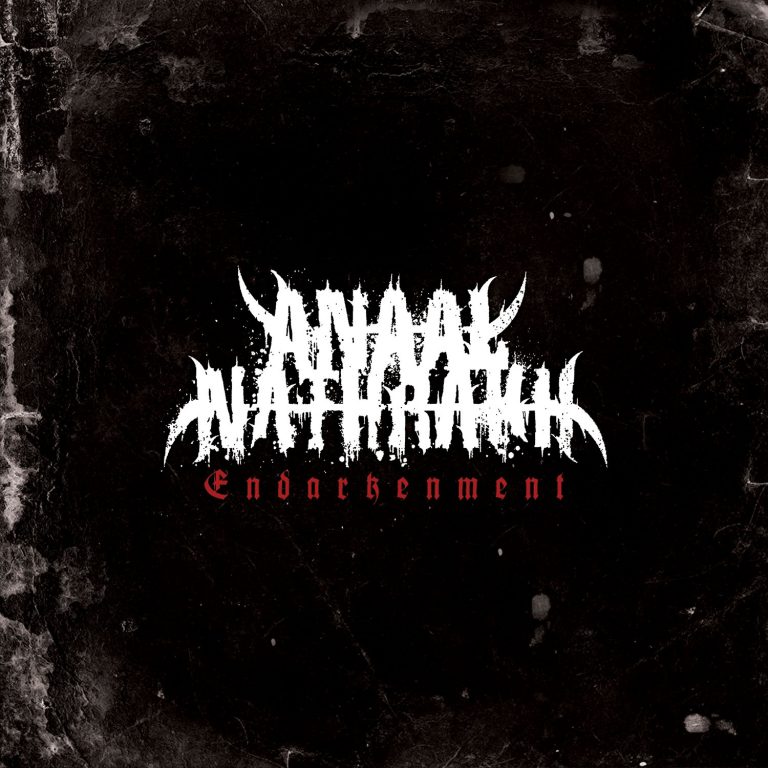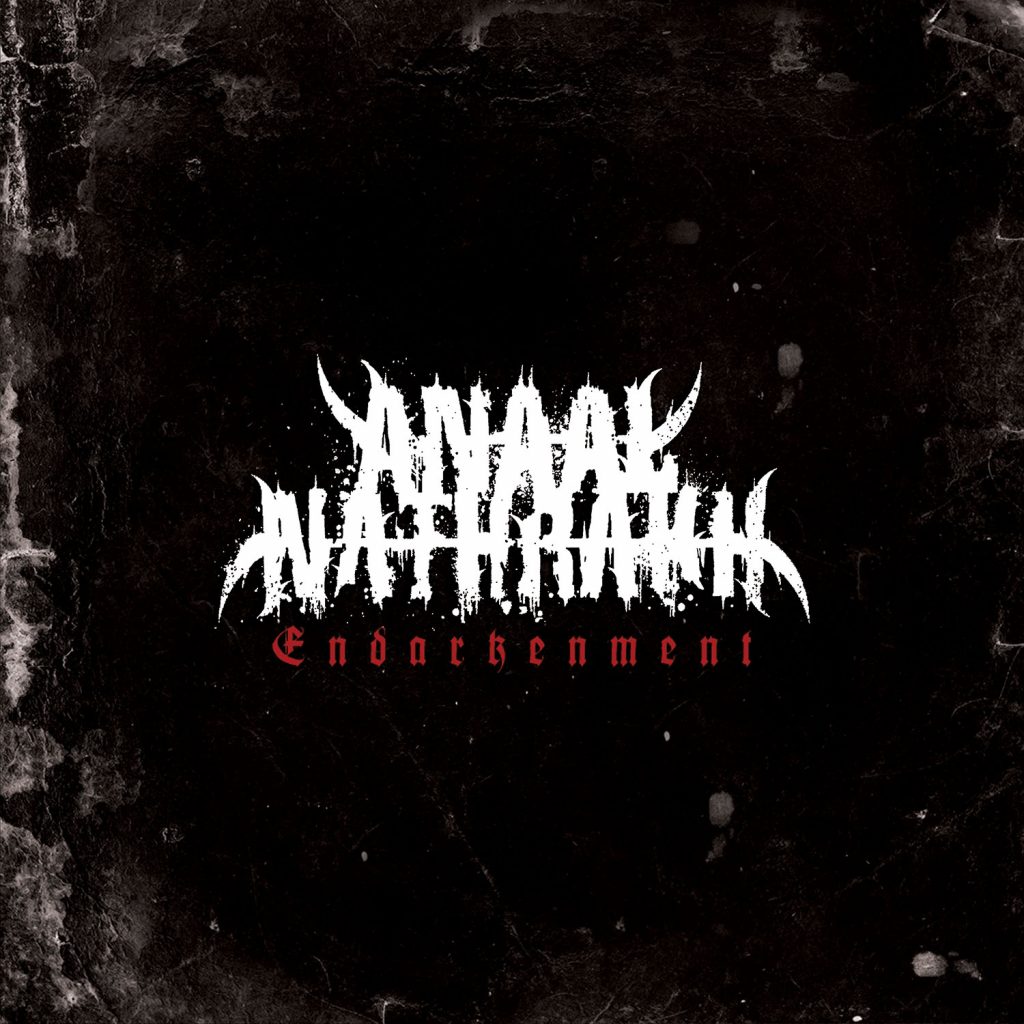
Album Review: Anaal Nathrakh – Endarkenment
October 27, 2020Anaal Nathrakh’s latest is a searing condemnation of modern society, and a powerful punk album for the post-truth world.
This review was originally published in The Kelowna Daily Courier under the title “Album reviews: Killer, filler and anti-enlightenment“

With their latest album, Endarkenment, Birmingham extreme metal duo Anaal Nathrakh set to work exposing the hypocrisy and horror of the post-truth era. In the liner notes for the title track, the band explains the rejection of enlightenment, one of Endarkenment’s primary themes: “There has been, and continues to be, increasingly widespread rejection of Enlightenment-style values such as rationalism, skepticism, and rejection of faith in favour of judgements dependent on empirically verifiable phenomena and so on.”
Endarkenment is an angry album, both musically and lyrically (the liner notes make this abundantly clear). Blast beats and breakneck-speed brutal guitar riffs permeate every song, both courtesy of multi-instrumentalist Mick Kenney, while vocalist Dave Hunt alternates between grindcore noise, screams, squeals, thrash yells, and occasionally even melodic singing. Endarkenment is a calculated cacophony, melodic when it needs to be, aggressive when it can be, and always brutally to the point.
One standout of the album is “Feeding the Death Machine”. Written on the 75th anniversary of the liberation of Auschwitz, “Death Machine” is inspired by an interview with a prisoner who survived because she could play the cello. While the lyrics reference a cello-playing “exclusion”, “Death Machine” is a song about apathy. “Death Machine” seems just as inspired by the excuse of death camp workers who were “just doing their job”, or “just following orders”. The chorus makes this pretty clear: “An unperson of fear/We vermin of the tears/Castrated by events/I’m just an architect”. Later lyrics reference “facts and figures”, “accountancy’s care”, “paperwork”, and more, alluding to how easy it is to reduce atrocities to numbers, completely robbing them of any meaning.
Musically, “Death Machine” is also one of the album’s most approachable tracks, featuring a catchy chorus, easily digestible riffs, and even incorporating some clean vocals.
Other highlights of the album include album opener “Endarkenment”, a fantastic melodic death metal song about the denial of enlightenment; “Thus, Always, To Tyrants”, a harsh classic death metal song lyrically espousing the view that tyrants must be dealt with harshly (a point that the liner notes humourously have difficulty conveying); and “Singularity”, one of the more frenetic songs on the album, dealing with the concept of decadence, and the idea that humanity is on the verge of ending itself through artificial intelligence.
The most interesting song on Endarkenment, musically, is “Beyond Words”. “Beyond” is one the harshest song on the album, featuring Kenney on seemingly every instrument, with drums so fast as to be almost incomprehensible and distorted guitars delivering both chunky, memorable riffs, and noise simultaneously. Meanwhile, Hunt belts out more vocals in this song than in any other, though no words can be made out (aside from expletives at the start and about halfway through). The liner notes note that “some things may be captured in words, but can only be expressed in a Dionysian ecstasy of loathing”. This song, therefore, deals, lyrically, with concepts that are truly “Beyond Words”. Unfortunately, without words, an interpretation of this song eludes this reviewer.
The album ends on the track “Requiem”, whose text is drawn from the Requiem Mass, a Catholic funeral mass. Anaal Nathrakh’s version recontextualizes this as a brutal black metal song, with heavy emphasis on Kenney’s apocalyptic, multi-instrumental cacophony. Hunt screams the words “Calamitatis et miseriae” over filmic organ, mach-speed guitars, and trademark blast beats. The album ends on a sombre note – despite it’s relentless pace, “Requiem” is the slowest song on the album – but not an optimistic one. According to the liner notes, “Requiem” is a mirror to Nietzhes “Requiem aeternam deo”, which symbolised the advent of the age of enlightenment. Instead, this “Requiem” is intended as the opposite, a symbol of the advent of the post-truth era, the age of “Endarkenment”.
9/10

